Excessive rainfall has hit vegetable growing in Vorarlberg, Austria, hard this year. "We can look back on a below-average harvest year for almost all crops," says Sebastian Allgäuer from Rheintaler Feldfrüchte based in Feldkirch. He produces potatoes, onions, celery, beet and pumpkins on a total of 22 hectares, marketing his yields himself.
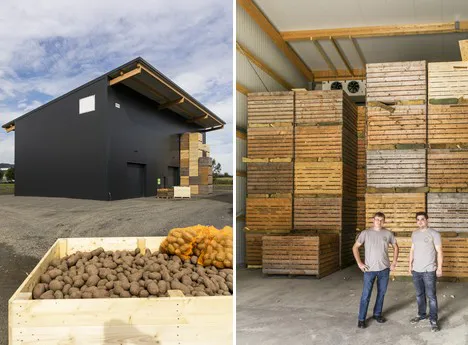
"There were few potato tubers and a correspondingly weaker yield. In addition, we were mostly able to harvest oversized potatoes (65+), which are simply too large for the fresh market, i.e. as packaged goods. However, it has to be said that we had relatively few problems with disease and rot this year. The produce we were able to harvest also has a good shelf life. It is also worth mentioning that we were able to pass on most of the additional production costs thanks to good price negotiations," Allgäuer explains.
Due to persistent rainfall and correspondingly difficult harvesting conditions, the 2023 onion harvest will be remembered as particularly challenging, continues the vegetable producer and marketer. "We had a lot of problems with mildew. The celery crop, on the other hand, developed very well."
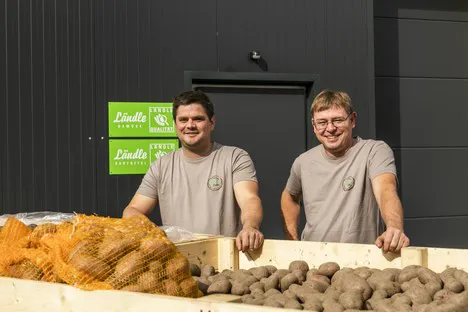 Sebastian Allgäuer and Kilian Schatzmann jointly manage Rheintaler Feldfrüchte, which was founded in 2017.
Sebastian Allgäuer and Kilian Schatzmann jointly manage Rheintaler Feldfrüchte, which was founded in 2017.
Growth potential in vegetable processing
All crops are produced according to the guidelines of the Ländle quality seal. After the harvest, the vegetables are stored in the cold store built in 2020, which has a total storage capacity of 750,000 kg. The company now relies on processing in the region in order to be able to use the oversized and undersized produce that is unsuitable for the fresh market. "We have already found good partners for potatoes and beet, but we are still looking for a processor for onions who would like to buy our surplus. The aim is to utilize the entire yield and increase the added value per hectare. Unfortunately, Vorarlberg is lagging somewhat behind in the fresh-cut sector, so there are only a few processing companies."
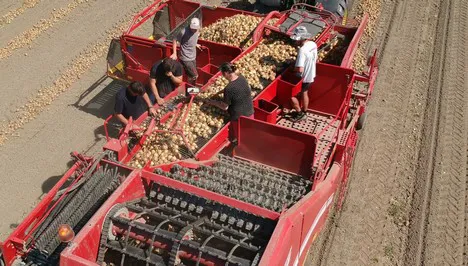 Vorarlberg onion harvest.
Vorarlberg onion harvest.
However, demand for convenience vegetables has risen considerably in recent years, observes Allgäuer. The aim now is to further exploit this potential and extend the marketing season accordingly. Allgäuer: "With potatoes, we have already reached the point where we can supply regional produce for twelve months of the year. Depending on the weather, we can offer our vegetable crops until March/April of the following year. In the case of onions, I believe it is possible to extend the season until the end of May/beginning of June in the medium term. We also try to bring the season forward with fleece coverings and good early varieties."
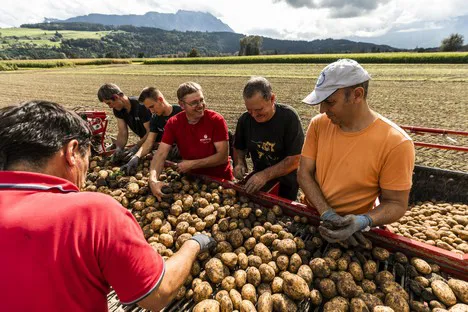 The freshly harvested potatoes undergo initial sorting in the field.
The freshly harvested potatoes undergo initial sorting in the field.
Images: Weissengruber & Partner
For more information:
Sebastian Allgäuer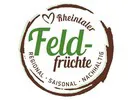
Rheintaler Feldfrüchte - Allgäuer Agrar KG
Ketschelenstraße 66
6800 Feldkirch
Tel./Fax: +43/ 664 / 9186569
Email: sebastian@allgaeuer.at
www.allgaeuer.at
